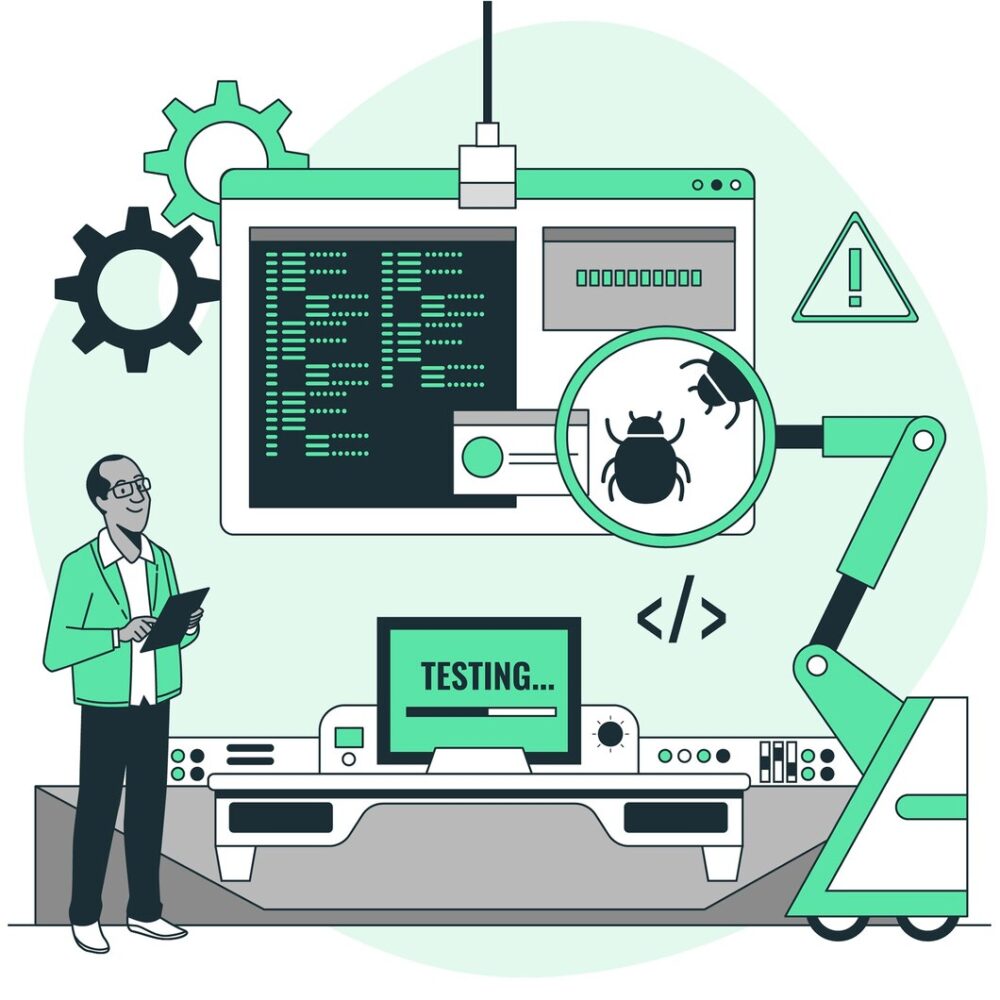In today’s fast-paced tech landscape, software quality is non-negotiable. Users demand seamless experiences, businesses require robust security, and systems must work across a variety of devices and platforms. This is where the art and science of software testing come into play. But with so many tools available, how do you decide which is right for your project? Let’s dive into some of the industry’s most popular testing tools, each designed to tackle specific challenges in the software development lifecycle.
1. Selenium: A Pioneer in Web Testing
When it comes to web application testing, Selenium is the undisputed champion. It allows testers to automate browsers, enabling repetitive tasks like regression testing to be carried out efficiently. Whether you’re validating complex workflows or ensuring cross-browser compatibility, Selenium is your go-to tool for robust and scalable web testing.
2. Cypress: Modern Testing for Modern Web Apps
Cypress has quickly gained traction among developers and testers for its ability to test modern JavaScript applications. It operates directly within the browser, providing real-time feedback with unmatched speed and accuracy. Plus, its user-friendly interface makes it a favorite for teams adopting Agile and DevOps practices.
3. Appium: Mobile Testing Made Seamless
Mobile app testing is no longer a challenge with Appium. This open-source tool supports both Android and iOS platforms, making it a versatile choice for testing native, hybrid, and mobile web applications. Its cross-platform capabilities save time and ensure consistency across devices.
4. Espresso & XCUITest: Purpose-Built for Mobile
For developers working exclusively with Android or iOS, tools like Espresso (Android) and XCUITest (iOS) provide unmatched efficiency. Espresso integrates seamlessly with Android Studio, while XCUITest is Apple’s answer to smooth, reliable UI testing on iOS. These tools give developers direct access to the platforms’ unique features, ensuring high-quality app performance.
5. JUnit: The Backbone of Unit Testing
Unit testing is the foundation of building reliable software, and JUnit is the tool that developers swear by. It’s simple, powerful, and widely used in Java-based projects. With JUnit, you can write repeatable tests, ensuring that every unit of your code functions exactly as expected.
6. Postman: API Testing Simplified
APIs are the backbone of modern software, and testing them is critical. Postman simplifies API testing with its intuitive interface, allowing teams to design, debug, and monitor API workflows efficiently. Whether you’re working with REST, GraphQL, or SOAP, Postman ensures your APIs are always up to par.
7. Swagger: Bridging API Design and Testing
Swagger complements API testing by focusing on API design and documentation. With Swagger, you can visualize APIs, generate test cases, and ensure your endpoints align perfectly with your development goals. It’s an essential tool for teams building scalable and well-documented APIs.
Why Testing Tools Matter
Each of these tools plays a unique role in the software development lifecycle. Whether it’s ensuring your web application works flawlessly on different browsers, guaranteeing your mobile app delivers a smooth user experience, or validating the functionality of your APIs, these tools help you build software that your users can trust.
At Glatco Inc., we specialize in custom software development and understand that testing is a critical component of delivering exceptional results. With expertise in tools like Selenium, Appium, Cypress, and more, our team ensures that your software is not only functional but also delightful to use.
Partner with Us for Top-Notch Testing
Want to ensure your software exceeds expectations? Our team is ready to help. From selecting the right tools to crafting comprehensive testing strategies, we’re here to take your software to the next level.
Let’s build something great together—contact us today!

